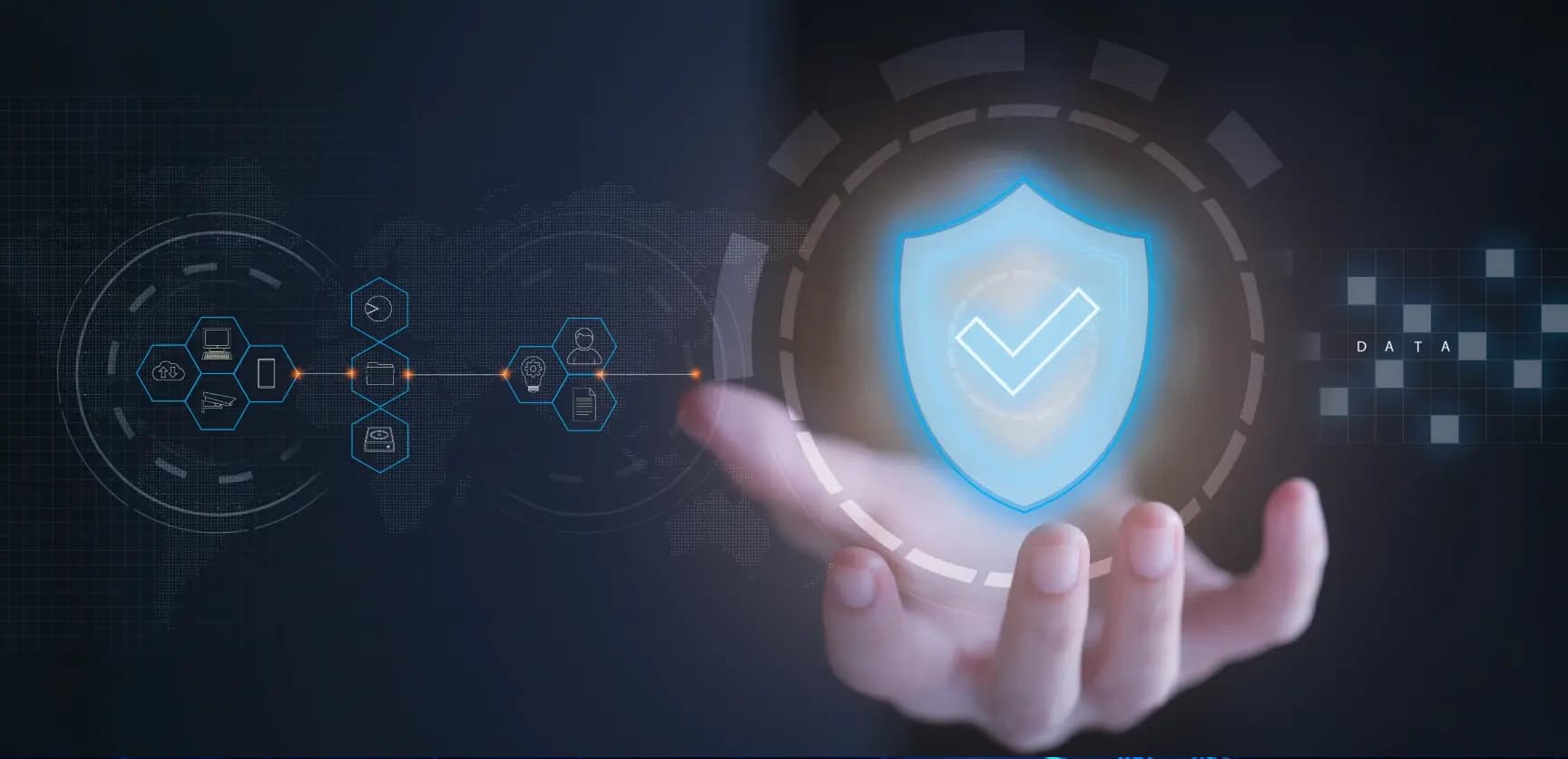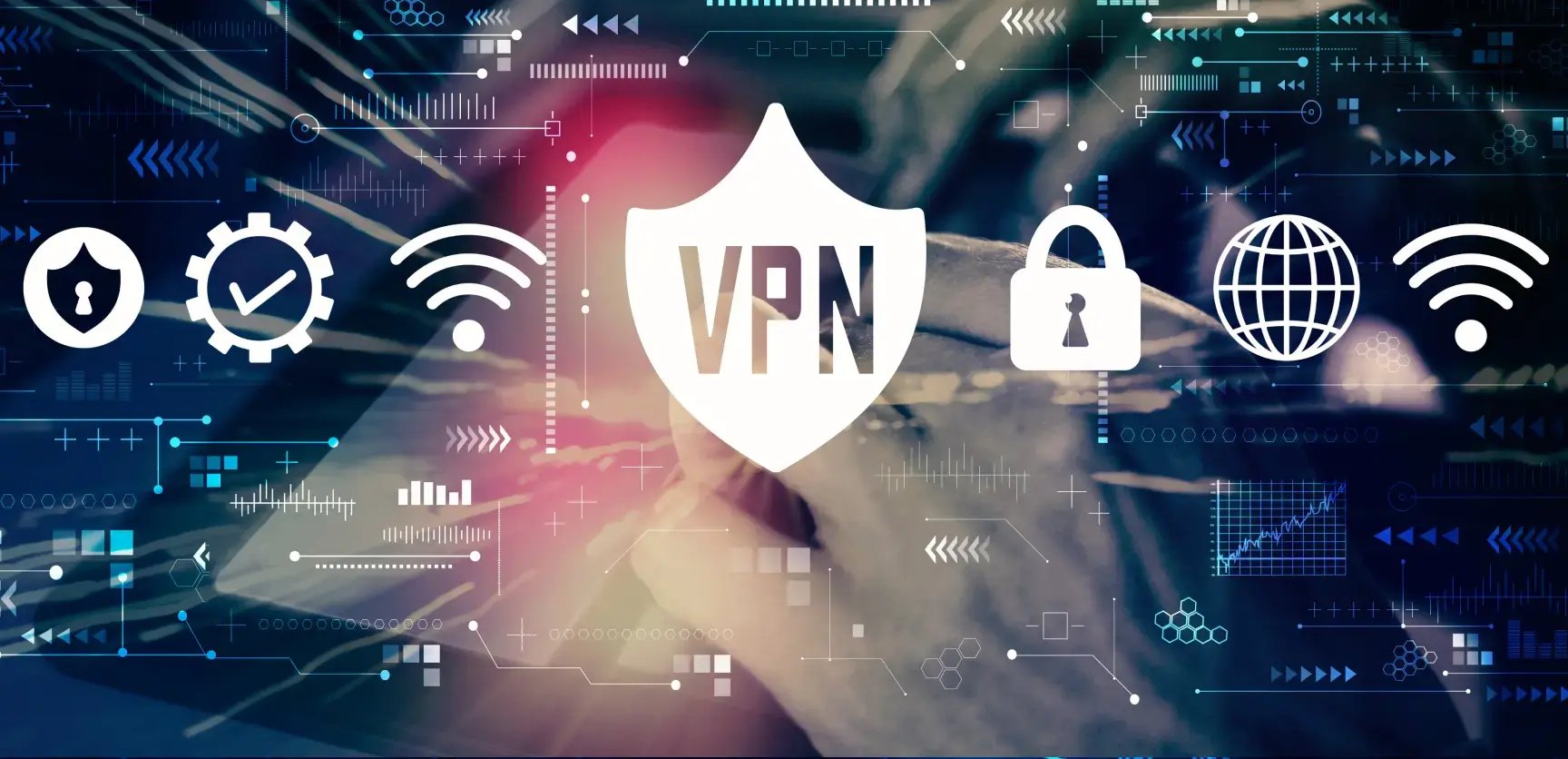- Product
-
Solution
-
By Industry
Cybersecurity solutions tailored to your industry’s needs.
-
- Resources
-
Books
Our ultimate guides and playbooks
Solution Briefs
Overview of PureDome’s functionality
-
Quizzes
Assess your cybersecurity readiness
Case Studies
PureDome customer success stories
Newsletter
Subscribe to the PureDome newsletter
-
- About Us
- Partner
- Pricing
- Download
Risks of Not Investing In Your Organization’s Cybersecurity?
-
Pure Dome
-
01 Jul 2024
- 4 min read


In today's interconnected world, the ever-evolving landscape of cyber threats presents a constant challenge. Connecting to the internet exposes organizations to the risk of being targeted by hackers. Cybercrime has transformed into a lucrative enterprise, leading organizations and governments worldwide to prioritize cyber risk management. Neglecting proper cybersecurity planning exposes organizations to both financial and reputational hazards.
Statistics Revealing Vulnerabilities
The Cyber Security Breaches Survey 2018 demonstrated that a concerning number of businesses and charities in the UK fell victim to cyberattacks. Approximately 43% of companies and 19% of charities reported experiencing a cyberattack. Alarmingly, 38% of small businesses hadn't invested anything in safeguarding against cybersecurity threats. A related survey highlighted that a third of small UK businesses need to be operating with sufficient security measures, putting their online safety at risk. Predominant cybercriminal activities included fraudulent emails and online impersonation. Notably, malicious emails emerged as the most prevalent type of cyberattack, according to the Internet Security and Threat Report. The consequences of cybercrime are substantial, with the average data breach cost reaching $3.92 million, as reported by the Ponemon Institute's research in 2019.
Defining Cybersecurity
Cybersecurity encompasses a spectrum of technologies, processes, structures, and practices that protect an organization's networks, computers, software, and data from unauthorized access and potential damage. The ultimate aim of any cybersecurity strategy is to uphold confidentiality, data integrity, and availability.
Navigating Cybersecurity Challenges
In the intricate landscape of cybersecurity, the methods deployed by cyber attackers are more complex. The notorious Target breach, which exposed the credit card information of countless customers, serves as a stark reminder of the evolving and complex nature of cyber threats. This breach's intriguing aspect lies in its origin: hackers exploited vulnerabilities in a modest HVAC company to gain unauthorized access to Target's extensive network. This scenario underscores the vulnerability of small businesses and the diverse array of tactics hackers employ to breach sensitive information.
The methods of cyber attacks aren't always straightforward
Smaller businesses are often more vulnerable than larger enterprises, and hackers employ various techniques to breach sensitive data.
Hackers invest time in identifying vulnerabilities and might even target your staff.
Occasionally, a mere full name or an email is sufficient. If an employee opens such an email within your company's wireless network, the consequences can be catastrophic. If your software and equipment aren't regularly updated and lack appropriate IT services for safeguarding your business, you expose yourself to significant financial loss.
The Likelihood of Data Breaches Increases Substantially
People often believe it won't happen to them until it does. Data breaches are growing more prevalent among small businesses, and as previously noted, many such enterprises face closure due to these incidents.
Financial Loss for Your Business Is a Real Possibility
Have you ever experienced the theft of your debit or credit card information? It's dreadful, but banks generally reimburse the stolen funds for personal cards.
However, this process differs for business accounts. If your business equipment or software is outdated and hackers steal your account details, your bank might refuse reimbursement.
By outsourcing IT services, you ensure your equipment and software remain up-to-date and compliant with bank regulations, protecting your information.
A Disgruntled Employee Could Pose a Threat
When your employees possess control over security, password encryption, and customer data, you rely on their loyalty and job satisfaction.
Even if you maintain an in-house IT department, there's still a risk that a disgruntled employee might leak sensitive information. In the contemporary landscape, hackers increasingly target individual staff members.
Through IT outsourcing, concerns about secure connectivity for employees and satisfaction in guarding sensitive data diminish.
Mobile Security Solutions Might Be Lacking
Mobile breaches are on the rise, too. Irrespective of a business's size, robust mobile security solutions are essential for shielding company and customer data.
An IT consulting company in New Jersey can enhance mobile security by fortifying vulnerable entry points and encrypting accessible sensitive information on phones.
This approach reduces the likelihood of accidental exposure of company data by employees.
Remember to educate your staff about simple, secure business data measures. Tactics like penetration testing, password non-sharing, and periodic password changes bolster your small business's network against vulnerabilities.
Total Data Loss Is a Possibility
Did you know that an overloaded router can lead to complete data loss?
IT experts are aware and will ensure this predicament never materializes.
A robust backup strategy is essential for every company to prevent data loss. Even if you decide to manage this internally, it could divert precious time from other business aspects.
Remaining Up-to-Date Is a Constant Challenge
Innovation is imperative in an era where cybersecurity is as vital as wearing shoes near a construction site.
Hackers continuously devise novel ways to breach small businesses. Outsourcing your IT is the most effective defense against potential attacks, as external IT services perpetually acquire new skills and tactics to thwart threats.
With in-house IT, the onus falls on you as the business owner. Conversely, outsourcing is responsible for us to stay updated with advanced strategies for data security.
Cybersecurity Is Critical for all Organizations – Small and Large

In an era dominated by digital transactions and online operations, the significance of cybersecurity cannot be overstated. Organizations of all sizes, from multinational corporations to local startups, are potential targets for cyber threats. The misconception that only prominent enterprises are at risk has been shattered by numerous incidents where small businesses faced devastating consequences due to inadequate cybersecurity measures.
In fact, the smaller the business, the more vulnerable it might be to cyber-attacks. Hackers are well aware that smaller entities often lack the comprehensive security infrastructure of larger corporations, making them attractive targets. This underscores the need for a proactive approach to cybersecurity that encompasses robust strategies, employee training, and cutting-edge technologies. By recognizing that cybersecurity is an indispensable investment, regardless of an organization's size, we can establish a safer digital landscape for businesses to thrive.
Ensure Secure Connectivity for Employees By Deploying A VPN for Teams
With remote work becoming increasingly prevalent, ensuring the security of employees' data and sensitive information has become a paramount concern. Virtual Private Networks (VPNs) have emerged as an essential tool to safeguard data while employees access company networks from various locations.
Choosing the right VPN for business is a crucial decision directly impacting data security. A reputable VPN for teams encrypts data transmissions and shields connections from potential threats. When selecting a business VPN service provider, encryption protocols, server locations, and privacy policies must be thoroughly evaluated.
Moreover, a VPN for enterprises can also ensure secure connections for employees working in public Wi-Fi environments, preventing data interception by malicious actors. By prioritizing selecting a trusted and reliable business VPN service provider, organizations can fortify their remote workforce's data security and maintain the confidentiality of sensitive information.
Frequently Asked Questions
Why is cybersecurity crucial for organizations of all sizes?
In today's interconnected world, cyber threats are ever-present and evolving. Regardless of an organization's size, connecting to the internet exposes it to potential cyberattacks. Cybercriminals target businesses of all scales, making robust cybersecurity measures essential to safeguard sensitive data and maintain operations.
How do smaller businesses compare to larger enterprises regarding vulnerability?
Smaller businesses face higher vulnerability due to limited resources and comprehensive security infrastructure. Hackers recognize these weaknesses, targeting smaller entities that might lack sophisticated defense mechanisms. Understanding these vulnerabilities emphasizes the need for proactive cybersecurity planning, regardless of the organization's size.
What are the potential consequences of neglecting cybersecurity planning?
Neglecting cybersecurity planning can lead to severe financial and reputational consequences. Data breaches and cyberattacks can result in financial losses, legal liabilities, and damage to an organization's reputation. Moreover, the Ponemon Institute's research reveals that the average cost of a data breach is substantial, underscoring the financial risk.
How can organizations enhance their cybersecurity measures?
Organizations can enhance cybersecurity by implementing a comprehensive strategy, including technologies, processes, and employee training. Prioritize regular software updates, robust encryption, and proactive monitoring of network activities. Additionally, outsourcing IT services can provide access to expertise and up-to-date defense mechanisms to counter the evolving landscape of cyber threats.
Stay up to date with the latest cybersecurity insights and best practices
Get the latest information, stories, and resources in your inbox. Subscribe for monthly updates.
Securing 1000+ Businesses Across The World